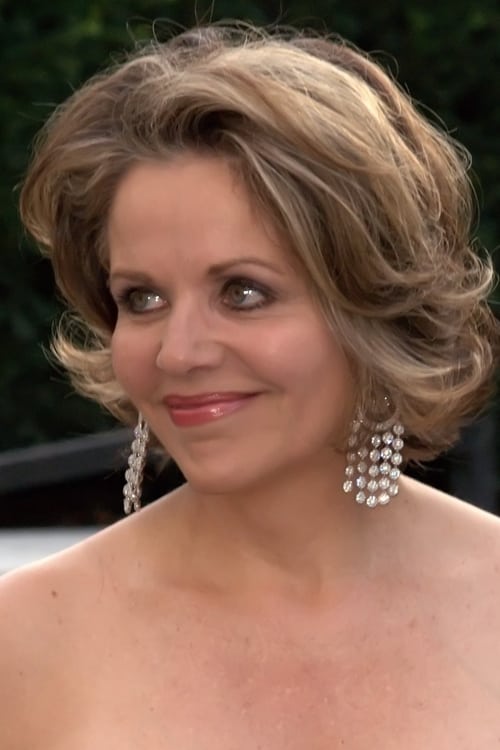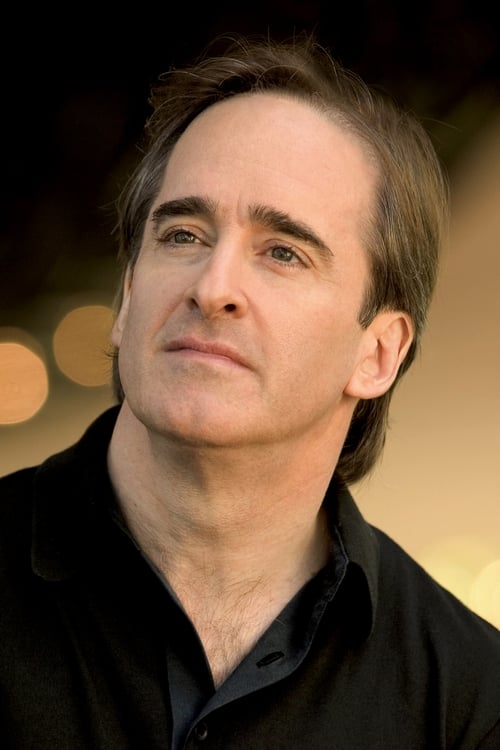Rusalka (2002)
Gênero : Música
Runtime : 2H 35M
Director : François Roussillon
Sinopse
Renee Fleming stars in Dvorak's three-act opera based on two fairy-tales which tells the story of a water-nymph called Rusalka (Fleming), who wishes she was human, after falling in love with a mortal.
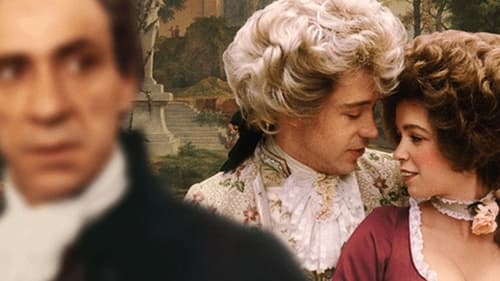
Após tentar se suicidar, Salieri confessa a um padre que foi o responsável pela morte de Mozart e relata como conheceu, conviveu e passou a odiar Mozart, que era um jovem irreverente mas compunha como se sua música tivesse sido abençoada por Deus.

First performed in Paris in 1843, at the turning point of several eras, Don Pasquale, a composite and varied work, is the apotheosis of opera buffa. Performed for the first time at the Paris Opera, the production has been entrusted to the Italian director, Damiano Michieletto, who transports us directly to the sincerity and dramatic splendour at the heart of an apparently light‑hearted work.

“Foolish indeed is he who marries in old age.” Thus ends Don Pasquale: with a wise dictum not lacking in irony that sums up the disappointments of its hero, a rich bachelor keen to marry who is deceived by his nephew Ernesto and his young bride-to-be Norina. First performed in Paris in 1843, at the turning point of several eras, Don Pasquale, a composite and varied work, is the apotheosis of opera buffa. Performed for the first time at the Paris Opera, the production has been entrusted to the Italian director, Damiano Michieletto, who transports us directly to the sincerity and dramatic splendour at the heart of an apparently light‑hearted work.

Directed by Ursel Hermann, this 2005 production of Mozart's last opera stars a remarkable cast with Susan Graham in the role of Sesto, Christoph Prégardien giving life to Tito and Catherine Naglestad embodying the ambitious Vitellia. Premiered in September 1791 for the coronation of Leopold II, King of Bohemia, La Clemenza di Tito celebrates the figure of the merciful sovereign
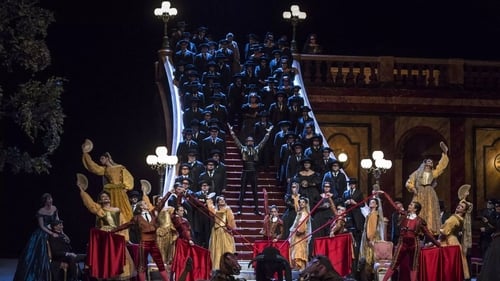
In Benoît Jacquot’s production, Manet’s Olympia dominates the stage of the Opéra Bastille. In 1863, the painting caused a scandal: the prostitute awaits her client, her expression proud, her demeanour assured. Is this Violetta? Like Olympia, Verdi’s most celebrated heroine surrenders to the spectator just as she surrenders to love, going so far as to die on stage, a woman’s ultimate sacrifice for her lover. Or might it be the spectator who strips her bare and intrudes upon her privacy, in the image of this milieu of social voyeurism? Whatever the case, these two women regard us with defiance and subjugate those who cannot help but look at them.

Les Huguenots is a monumental fresco featuring various impossible loves in the context of the Saint Bartholomew Massacre. Andreas Kriegenburg places these timeless conflicts of love and religion in an immaculate setting in which the costumes appear yet more flamboyant and the victims’ blood more violently red.
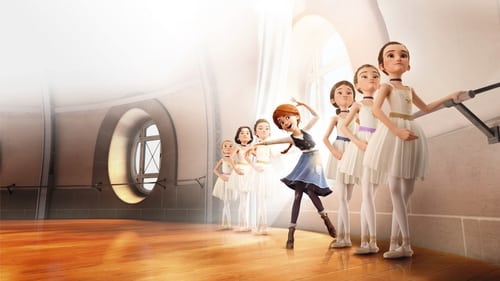
Felicie é uma menina órfã apaixonada pela dança. Ao lado do seu melhor amigo Victor, que deseja se tornar um grande inventor, eles desenvolvem um grande plano de fuga para conseguirem o que querem. Eles fogem do orfanato em que vivem para Paris, a Cidade Luz, onde a torre Eiffel ainda está sendo construída. Felicie terá que se superar e aprender com seus erros para tornar o seu grande sonho em realidade: ser uma grande bailarina da Ópera Nacional de Paris.
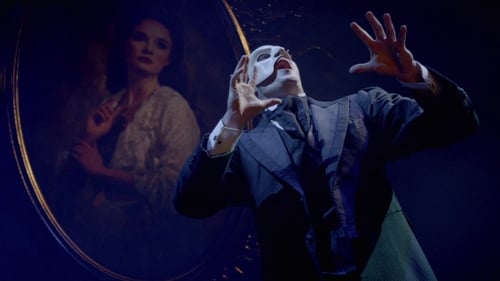
A história se passa 10 anos depois. 0 Fantasma fugiu de Paris e vive em New York entre aventuras inconsequentes e shows de horror de Coney Island. Embora tenha finalmente encontrado um lugar para expressar sua música, ele ainda sente falta do amor de Christine Daaé. Em uma aposta para reconquistá-la, Fantasma atrai Christine, seu marido Raoul, e o filho do casal, Gustave, de Manhattan, para o glorioso e brilhante mundo de Coney Island… mas eles não tem ideia do que os aguarda... Você não pode dizer que conhece Love Never Dies de Andrew Lloyd Webber até ver esta espetacular produção australiana, filmada no icônico Regent Theatre de Melbourne.

Florence Foster Jenkins (Meryl Streep) é uma rica herdeira que persegue obsessivamente uma carreira de cantora de ópera. Aos seus ouvidos, sua voz é linda, mas para todos os outros é absurdamente horrível. O ator St. Clair Bayfield (Hugh Grant), seu companheiro, tenta protegê-la de todas as formas da dura verdade, mas um concerto público coloca toda a farsa em risco.
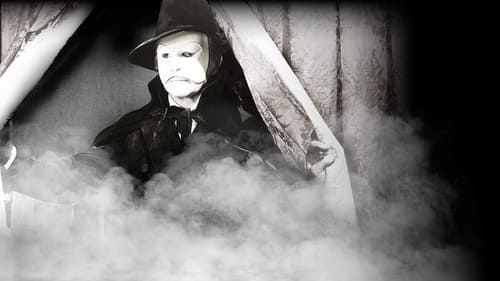
Este imortal e espetacular conto de terror de Gaston Leroux é estrelado por Claude Rains como o mascarado fantasma da Ópera de Paris, um compositor enlouquecido que planeja fazer de uma linda jovem soprano (Susanna Foster) a estrela da companhia de ópera e saciar sua vingança contra os que roubaram sua música. Nelson Eddy, o heróico barítono, tenta obter o afeto da garota enguanto persegue os passos do monstro que começa a matar aqueles que resiste a suas loucas exigências.
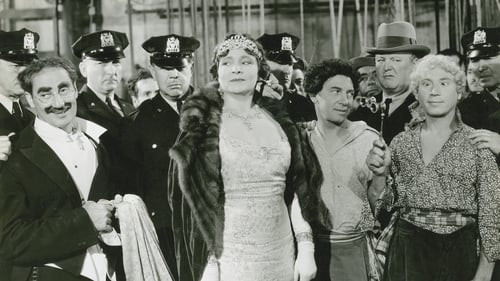
Dois amantes que gostam e trabalham com ópera estão distantes porque o homem não é bem aceito como tenor. Os irmãos Marx, então, fazem com que o tenor normal esteja ausente para o outro ter sua grande chance, através de muitas palhaçadas típicas do grupo.

Em 1942, um avião da Royal Air Force é abatido sobre uma Paris ocupada pelo exército nazi. Os três pilotos saltam em para-quedas: Peter Cunningham cai nos andaimes de Augustin Bouvet, um pintor da construção civil que está a trabalhar na fachada do comando alemão, Alan Macintosh aterra no telhado da Ópera, durante o ensaio da orquestra, dirigida por Stanislas LeFort, e Sir Reginald mergulha no tanque das focas, no Jardim Zoológico de Vincennes. Enquanto a polícia alemã se lança à sua procura, Stanislas e Augustin ocupam-se dos ingleses, lançando-se nas mais extraordinárias aventuras, para os conduzirem para a zona livre.
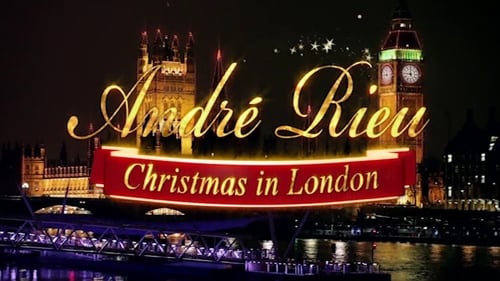
Christmas is now more beautiful and cosy than ever! Experience Christmas in London, together with André Rieu. Decorated Christmas trees everywhere you look, beautifully lit streets, tempting Christmas window displays... Combine the unique London Christmas atmosphere with a magnificent Christmas concert by André Rieu, and you have all the ingredients for a lovely party in the dark December days. Together with fantastic soloists and his always joyful Johann Strauss orchestra, André Rieu provides a fabulous evening with the most beautiful and moving Christmas carols, but also with emotional songs such as Leonard Cohen's Hallelujah, The Holy City and the classic Concierto de Aranjuez. Christmas in London means an evening enjoying lovely music, beautiful costumes and plenty of London cosiness.

La traviata (Italian: [la traˈviaːta], "The Fallen Woman"[1][2]) is an opera in three acts by Giuseppe Verdi set to an Italian libretto by Francesco Maria Piave. It is based on La dame aux Camélias (1852), a play adapted from the novel by Alexandre Dumas, fils. The opera was originally entitled Violetta, after the main character. It was first performed on 6 March 1853 at the La Fenice opera house in Venice. Piave and Verdi wanted to follow Dumas in giving the opera a contemporary setting, but the authorities at La Fenice insisted that it be set in the past, "c. 1700". It was not until the 1880s that the composer and librettist's original wishes were carried out and "realistic" productions were staged.[3]
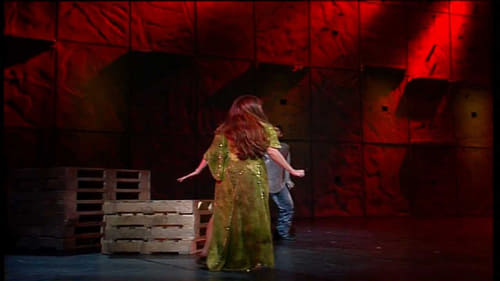
A musical adaptation of Victor Hugo's novel "Notre Dame de Paris" which follows the gypsy dancer Esmeralda and the three men who vie for her love: the kind hunchback Quadimodo, the twisted priest Frollo, and the unfaithful soldier Phoebus.

Considerado a grande obra-prima dos Looney Tunes. Na trama, Elmer eprsegue Pernalonga em uma ópera.
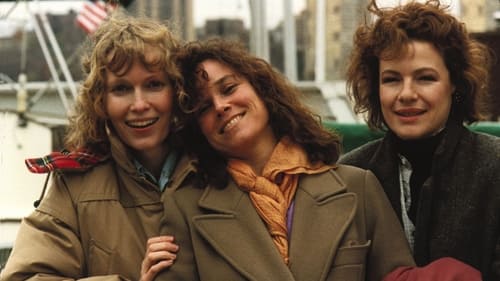
A filha mais velha de um casal de artistas, Hannah, é uma dedicada esposa, mãe carinhosa e atriz de sucesso. Uma leal defensora de suas duas confusas irmãs Lee e Holly, ela é também a espinha dorsal de uma família que parece se ressentir de sua estabilidade quase tanto quanto dependem da mesma. Mas quando o mundo perfeito de Hannah é silenciosamente sabotada pela rivalidade fraterna, ela finalmente começa a ver que está tão perdida quanto todos os outros, e para poder se encontrar, ela terá que escolher entre a independência e ... a família sem a qual ela não pode viver.

In the depths of the Rhine, the three Rhinemaidens guard the Rhinegold, a treasure of immeasurable value. The Nibelung dwarf Alberich is dazzled by the sight of it. The girls explain that whoever wins the gold and forges it into a ring will gain power over the world, but must first renounce love. Frustrated by his unsuccessful attempts to catch one of the girls, Alberich curses love and steals the gold. Wotan, lord of the gods, is reproached by his wife Fricka: he has promised to give Freia, goddess of youth, to the giants Fasolt and Fafner in return for their building a fortress for the gods. When the giants demand their reward, Loge, the god of fire, suggests an alternative payment: the ring Alberich has forged from the Rhinegold, and his other treasures. The giants agree, and Wotan and Loge leave for the Nibelungs’ underground home.
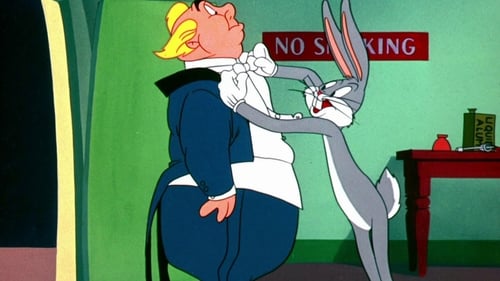
Bugs Bunny vs. a famous opera singer at the Hollywood Bowl.

As a storm rages, Siegmund the Wälsung, exhausted from pursuit by enemies in the forest, stumbles into an unfamiliar house for shelter. Sieglinde finds the stranger lying by the hearth, and the two feel an immediate attraction. But they are soon interrupted by Sieglinde's husband, Hunding, who asks the stranger who he is. Calling himself "Woeful," Siegmund tells of a disaster-filled life ("Friedmund darf ich nicht heissen"), only to learn that Hunding is a kinsman of his foes. Hunding, before retiring, tells his guest to defend himself in the morning. Left alone, Siegmund calls on his father, Wälse, for the sword he once promised him. Sieglinde reappears, having given Hunding a sleeping potion.

